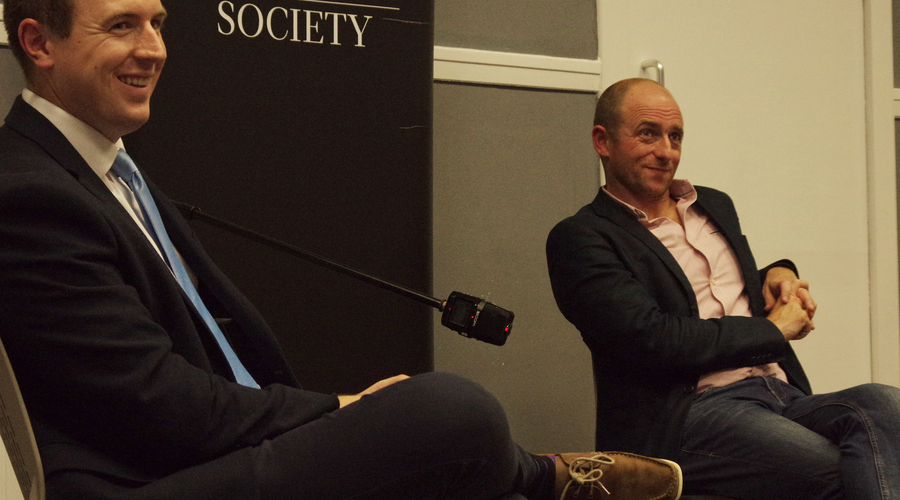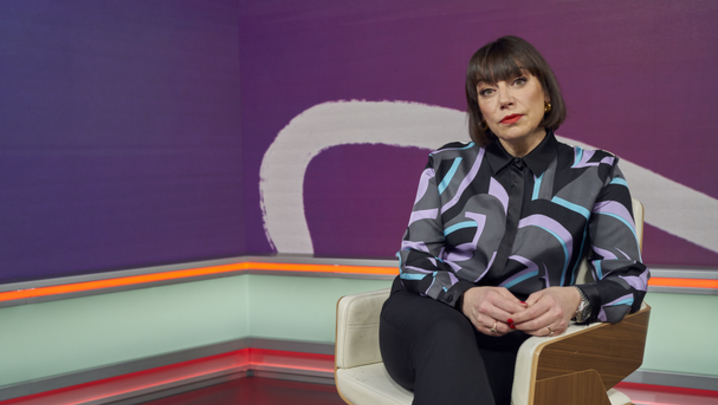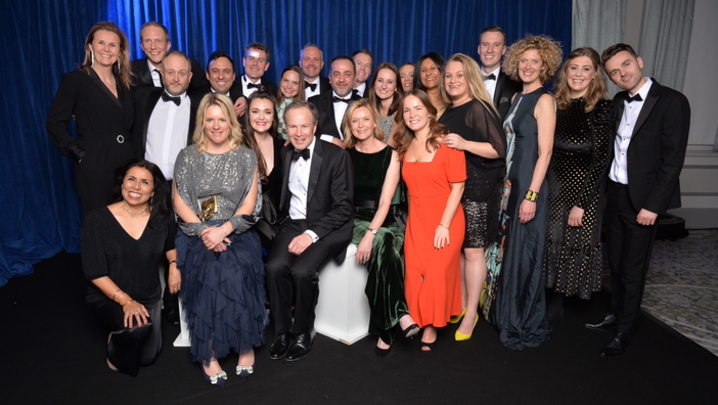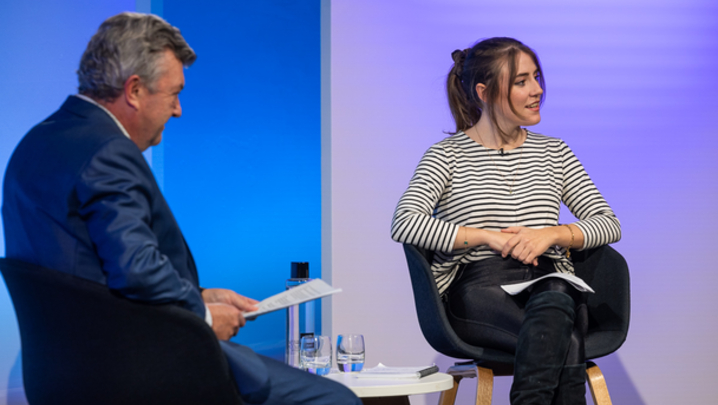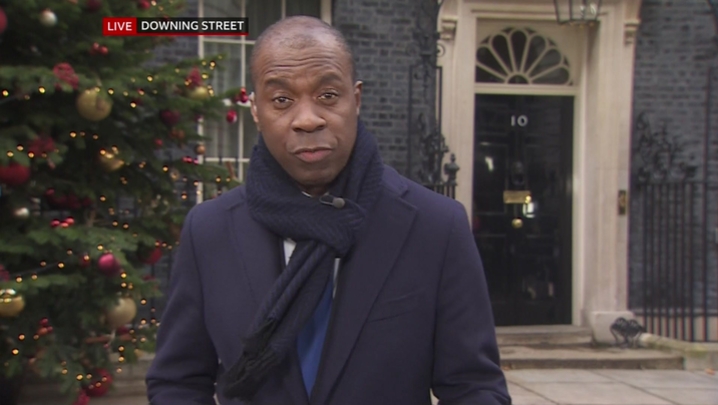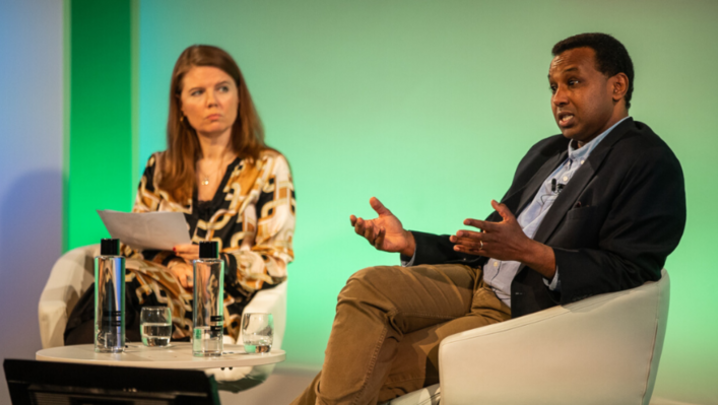Photography by: Éva Ibolya Sibinszki
Mark Daly looked back over a career that has seen the investigative journalist expose police racism, sexual abuse at a school and drug abuse in sport at an RTS Scotland event in late September at Film City, Glasgow.
Daly made his name with his first film, 2003 BBC doc The Secret Policeman, in which he infiltrated the police in Manchester and uncovered, “the most ferocious, incomprehensible, racism”. One police recruit was heard to praise the racist killers of black student Stephen Lawrence on the programme.
Daly had joined the BBC’s investigations team “specifically to do this project”, having worked on newspapers that included the Clydebank Post and The Scotsman.
It took a year for Daly to prepare. “I had to learn how to go undercover to convince people that I was who they thought I was – that’s difficult,” he recalled. “The trick to being undercover is not to tell too many lies about who you really are, because you would get tripped up.”
He worked undercover for eight months. “Long-term, deep penetrative cover is something that you don’t know whether you can do – for some reason I took to it. I wasn’t able to tell anyone, including my family,” he said.
Yet, despite taking great care with his cover story, Daly was caught out while texting his producer from the back of a police vehicle. He had been planning to resign from the force for “family reasons” but was “rumbled with two weeks to go”.
Daly was arrested and found himself mired in a political row when Home Secretary David Blunkett slammed the programme as a “covert stunt”. Blunkett later apologised and no charges were brought against Daly, who was named RTS Young Journalist of the Year for his work on the BBC One doc.
Daly has continued to make hard-hitting programmes for the BBC, including The Men Who Sold the Jerseys, which investigated the financial scandal that took Glasgow Rangers to the edge of extinction; Sins of our Fathers, in which he unearthed abuse at one of Scotland’s leading Catholic boarding schools; and Scotland’s Paradise Papers.
The latter investigation was based on the leaked Paradise Papers, which enabled Daly to “shine a light on how the rich and powerful legally avoid tax”.
In 2015 for a Panorama film, Catch Me If You Can, he investigated the use of performance-enhancing drugs in sport. Daly took the blood-boosting drug EPO, which he bought, easily, from the internet. The drug improved his cycling markedly – but despite being “doped for seven weeks”, during which time he was “tested once a week”, Daly was found to be “clean”. He said this “showed the inadequacies of the testing regime”.
At the RTS Scotland event, at which he was interviewed by RTS 2018 Young Journalist Award winner and STV Aberdeen reporter Ben Philip, Daly discussed the techniques used by investigative journalists, including door-stepping. “I don’t think it matters how many times you do it or how accomplished a broadcaster you are, it’s really nerve-wracking because so many things could go wrong,” he said.
Daly also offered some advice to any budding journalists at the event about becoming overly reliant on internet research. “Social media is a wonderful tool, but it’s no substitute for what journalism actually is, which is talking to people,” he said.
“You can get huge amounts of information from documents, papers, leaks and data scraping – these are all wonderful tools, but that’s all they are. A journalist’s job is to talk to people.”

